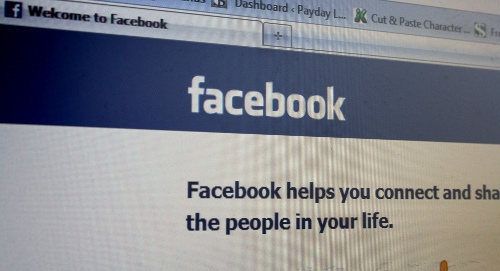
Could the pendulum finally start swinging the other way when it comes to social network oversharing?
According to a new study from Pew, that may just be the case, at least when it comes to friending and privacy settings. The findings suggest that people are more selective about who and how many contacts they maintain on social networks. According to Pew, compared to 2009 all the major metrics for profile management are up: 63 percent of respondents have deleted people from their “friends” lists (up from 59 percent in 2009). Forty-four percent have deleted other comments made by others on their own profiles, and 37 percent have detagged themselves from photos.
Interestingly, women are slightly more likely to defriend people than men (67 percent female respondents compared to 58 percent of male respondents). Also, younger social network users are more likely to defriend than older users.
Perhaps the most surprising finding is that only 11 percent of respondents said they have posted content they regret. Of course, I bet their friends might rate that a bit higher.
See the full study report here.
More in Media

Walmart rolls out a self-serve, supplier-driven insights connectors
The retail giant paired its insights unit Luminate with Walmart Connect to help suppliers optimize for customer consumption, just in time for the holidays, explained the company’s CRO Seth Dallaire.

Research Briefing: BuzzFeed pivots business to AI media and tech as publishers increase use of AI
In this week’s Digiday+ Research Briefing, we examine BuzzFeed’s plans to pivot the business to an AI-driven tech and media company, how marketers’ use of X and ad spending has dropped dramatically, and how agency executives are fed up with Meta’s ad platform bugs and overcharges, as seen in recent data from Digiday+ Research.

Media Briefing: Q1 is done and publishers’ ad revenue is doing ‘fine’
Despite the hope that 2024 would be a turning point for publishers’ advertising businesses, the first quarter of the year proved to be a mixed bag, according to three publishers.





